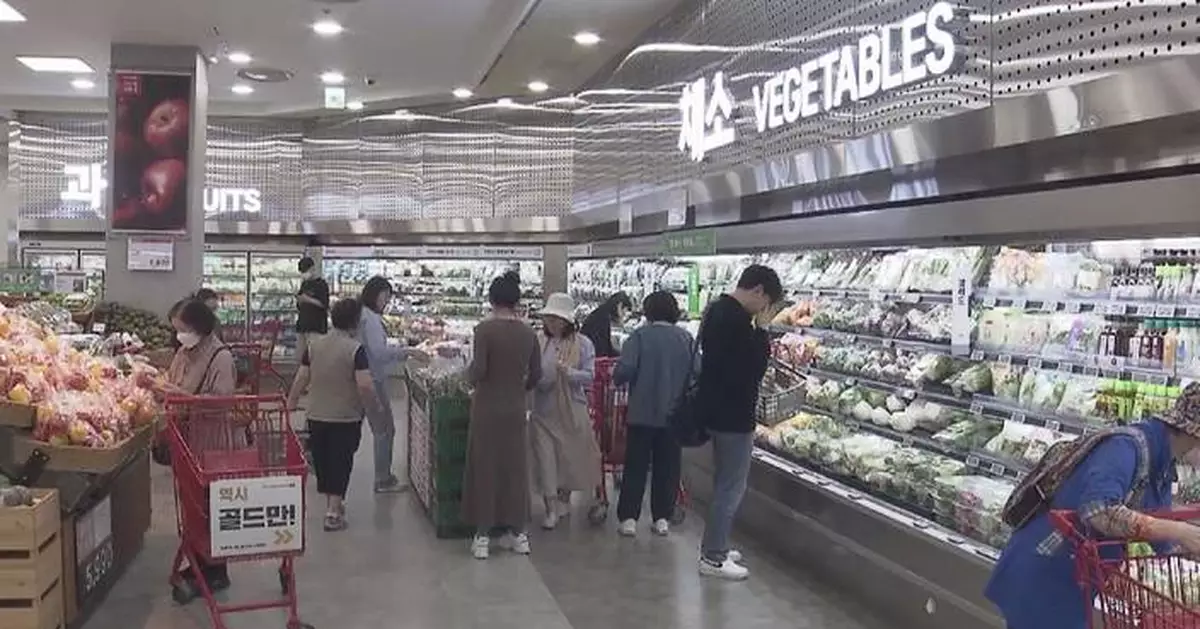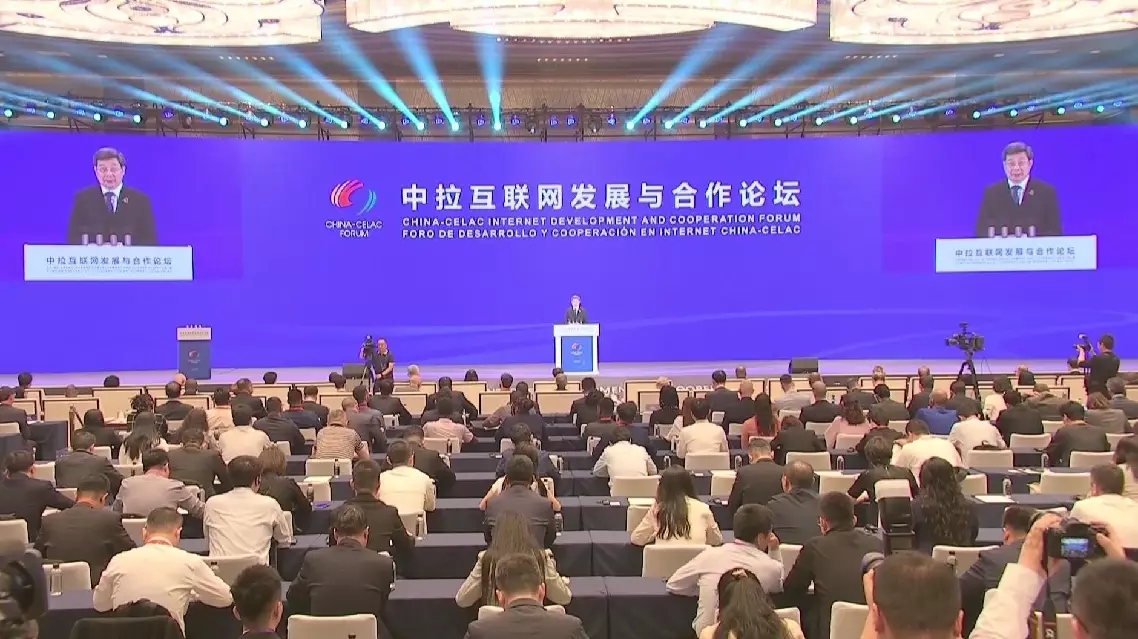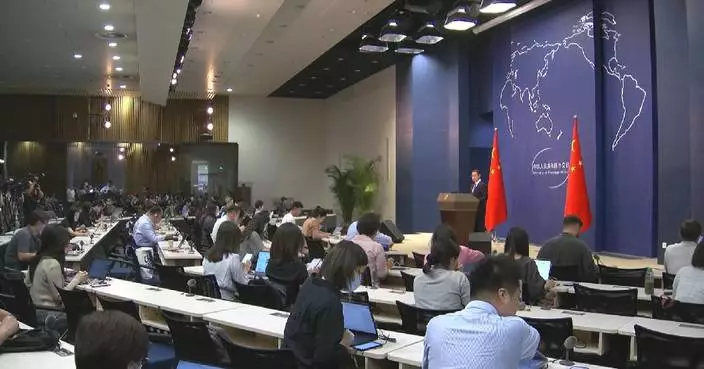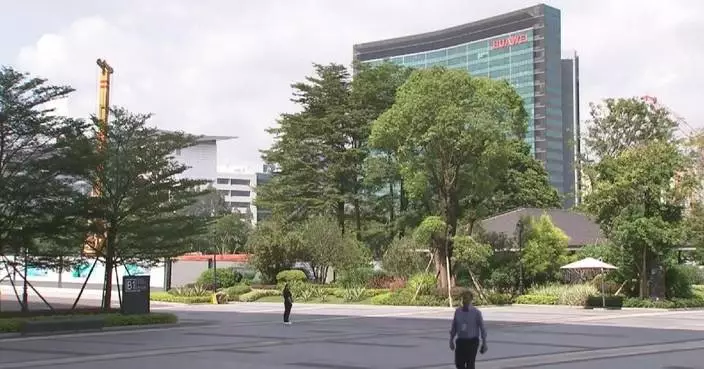Consumers in South Korea have continued to face a significant burden from the rising living cost despite falling inflation and eased monetary policy.
Statistical office data showed that the consumer price index (CPI) in South Korea rose 1.6 percent in September from a year earlier, retreating below the central bank's mid-term inflation target of 2 percent for the first time since March 2021.
The headline inflation had roughly declined this year from 3.1 percent in February to 2.9 percent in April, 2.4 percent in June and 2.0 percent in August.
Despite the falling inflation, customers in the country are still under the pressure of high good prices, especially vegetable prices.
In September, agricultural product prices swelled 3.3 percent on a double-digit expansion in vegetable prices, which jumped 11.5 percent.
"I find It difficult to single out which goods have seen significant price increases, because the price of almost everything is going up. I feel that the price of vegetables and spices used in making side dishes has increased particularly. Recently I've purchased necessary items in smaller quantities and for multiple times, and my spending habits have become more cautious," said a customer at a supermarket.
To control the inflation, the central bank of South Korea has delivered policy rate hikes by 3.0 percentage points to 3.5 percent since January 2023.
The high policy rate and high inflation over the past three years have eroded the purchasing power of households and forced many companies to reduce investment, dragging down economic growth.
Last week, South Korea's central bank decided to slash the benchmark seven-day repurchase rate by a quarter percentage point to 3.25 percent, marking the first rate cut by the Bank of Korea in four years and reflecting a policy shift from combating inflation to boosting economic growth.
"With the level of household debt remaining high, cutting the policy rate by 25 basis points might not have much impact on boosting domestic demand [in South Korea], and it would still be difficult for households to increase their spending. Relevant departments in South Korea need to ramp up fiscal policy support, such as providing cash support for low-income households, or offering coupons to purchase goods," said Kim Sei-wan, a professor of economics of Ewha Womans University.
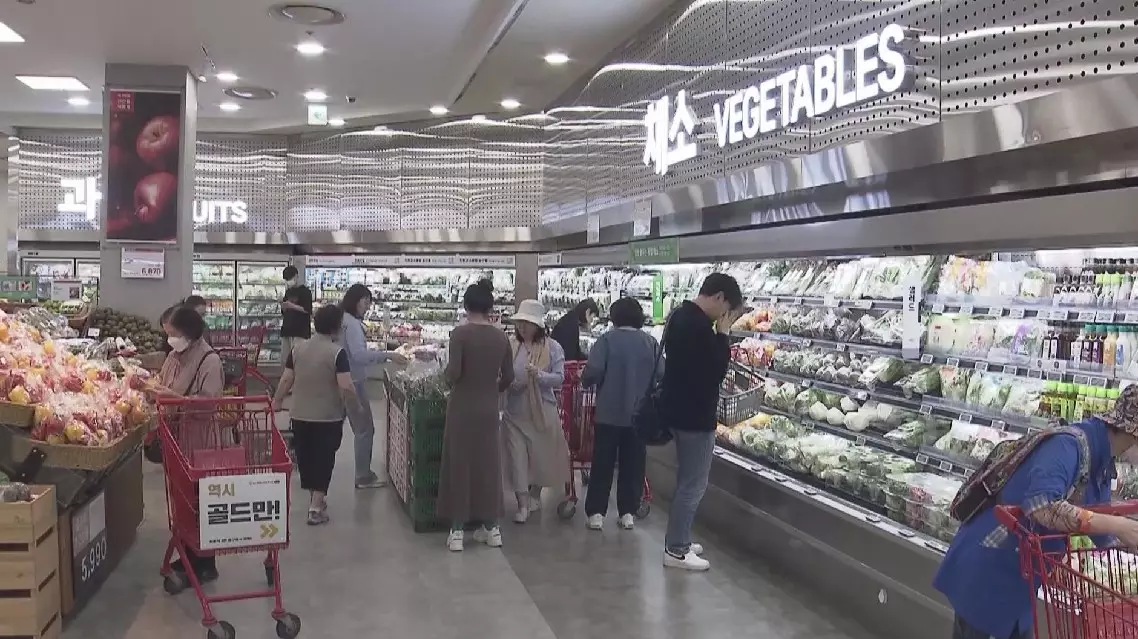
Rising living costs hit consumers hard in South Korea despite falling inflation


